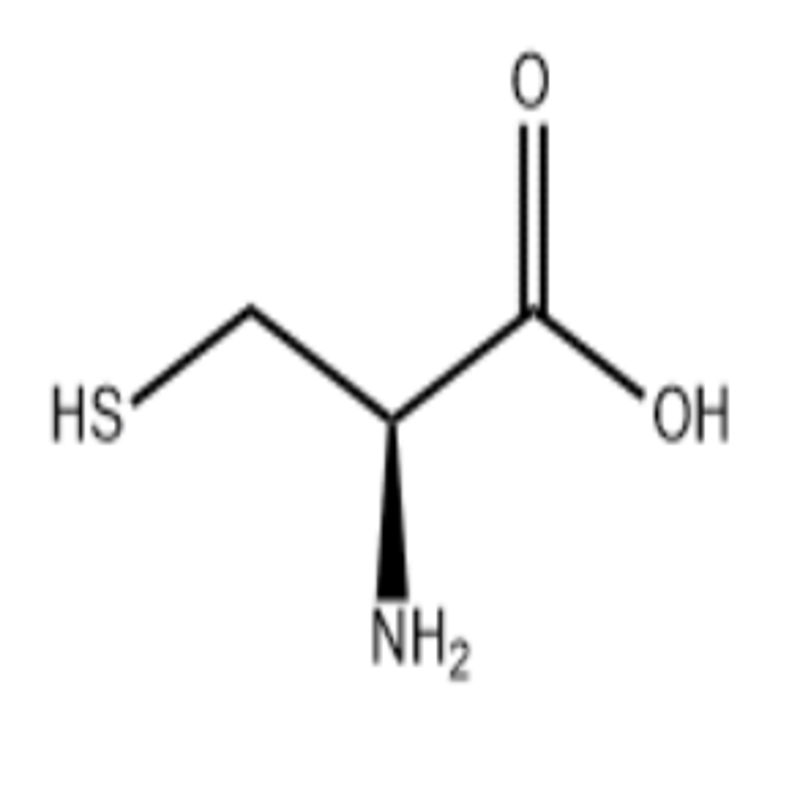-
Categories
-
Pharmaceutical Intermediates
-
Active Pharmaceutical Ingredients
-
Food Additives
- Industrial Coatings
- Agrochemicals
- Dyes and Pigments
- Surfactant
- Flavors and Fragrances
- Chemical Reagents
- Catalyst and Auxiliary
- Natural Products
- Inorganic Chemistry
-
Organic Chemistry
-
Biochemical Engineering
- Analytical Chemistry
- Cosmetic Ingredient
-
Pharmaceutical Intermediates
Promotion
ECHEMI Mall
Wholesale
Weekly Price
Exhibition
News
-
Trade Service
"Small cut" legislation to solve outstanding problems
In recent years, with the rise of short videos and live webcasts, the "big appetite" style of eating and broadcasting has become popular on social media
.
A pile of fried chicken, a bucket full of milk tea, and a dozen bowls of noodles by one person.
.
.
The food blogger Xiao Zhang introduced to reporters that some bloggers who make short videos of Big Wei Wang are famous on the Internet.
Later, you may receive advertisements from restaurants or snack brands
.
Driven by interests, this kind of "big stomach king" video once more and more
.
"Many videos are actually edited, and some bloggers even induce vomiting after eating, which causes food waste and is not good for health
.
" Xiao Zhang said
.
The draft Anti-Food Waste Law clearly stipulates that it is forbidden to produce, publish, and disseminate programs or audio-visual information that promote food waste such as overeating and overeating
.
Those who violate the regulations shall be ordered to make corrections and given a warning; if they refuse to make corrections or the circumstances are serious, a fine of 10,000 yuan up to 100,000 yuan shall be imposed
.
It is a sword to catering waste, and the relevant provisions of the draft anti-food waste law are more than this
.
To recite the "tightening curse" for wanton and wasteful behavior, we must clarify the corresponding disciplinary measures for different subjects in each link
.
For example, the draft stipulates that if the catering service provider induces or misleads consumers to order excessive meals and causes obvious waste, the market supervision and management department of the local people's government at or above the county level or the competent commerce department shall order corrections and give warnings; if they refuse to make corrections, they shall be punished.
A fine of more than 1,000 yuan and less than 10,000 yuan
.
If consumers cause obvious waste, the catering service provider can charge the corresponding fees for the disposal of kitchen waste
.
For food companies, how to deal with "nearly expired" products has always been a difficult problem for operators
.
“Generally speaking, the shelf life of fresh bread is only three to five days.
If it is not sold within three to five days, it can only be destroyed uniformly, which will cause
a lot of waste .
” said the person in charge of a food company
.
However, in Jinhua, Zhejiang, the "shared granary" not only solves the problem of disposing of products that are about to expire, but also allows more and more citizens to develop the good habit of diligence and thrift
.
It turned out that in response to the call to "practice economy and oppose waste", the local area initiated the "share the granary" charity action
.
Whether it is an individual, a family, an enterprise, or an organization, the remaining ingredients can be put into the "shared granary", and citizens in need can receive it for free
.
This not only avoids waste, but also achieves "use the best of everything" by sharing the surplus food
.
The draft clearly requires the establishment of a donation demand docking mechanism to guide food producers and operators to donate unsold food that is safe to eat within the warranty period to relevant social organizations, welfare agencies, and rescue agencies
.
"The draft is problem-oriented, and is mainly aimed at the outstanding issues that the people have strongly reflected in practice
.
" Song Fang, deputy director of the Administrative Law Office of the Legislative Affairs Committee of the Standing Committee of the National People's Congress, believes that the promotion of "small cut" legislation is a major part of the drafting work.
Highlights, avoiding large and complete, small and complete, and strive to solve the outstanding problem of catering waste
.
The terms need to be refined, and the future is worth looking forward to
As a restaurant owner, Ms.
Gu expressed her support after seeing the relevant reports on the draft anti-food waste law, but there are still some doubts about the specific operation
.
The draft stipulates that catering service providers can charge consumers who have caused obvious waste to deal with food waste
.
"But what kind of situation is'obvious waste'? What standard should the kitchen waste disposal fee be charged?" Ms.
Gu asked
.
In this regard, Tu Yunxin, a lecturer at Fudan University Law School, believes that legislative language pays more attention to basic principles, and in the process of law enforcement, it also faces the problem of how to interpret and apply the law in real life
.
For example, each person’s food intake is different, so it is not advisable to use the same standard to specify the amount of waste; it is recommended that restaurants introduce small portions, but the specifications need to set a uniform standard, so that it can be used as a basis for supervision and punishment; for restaurants that "induce" consumers to order food Behavior, it is necessary to distinguish clearly whether the waiter is recommending preferential promotion meals or inducing in violation of laws and regulations.
.
.
How to solve the problem? "The key is to clearly define the standards and scope of food waste behavior on the basis of clear legislative purposes and respect for legal texts, and form a legal and legitimate administrative law enforcement discretionary benchmark
.
" Tu Yunxin said
.
Cheng Shengkui, deputy director of the Institute of Geographic Sciences and Natural Resources Research, Chinese Academy of Sciences, participated in the discussion of the draft
.
He pointed out that government departments should formulate specific provisions on the basis of laws and combining the food culture of different places and groups
.
Yuan Jie, Director of the Administrative Law Office of the Legislative Affairs Committee of the Standing Committee of the National People’s Congress, said that the formulation of the Anti-Food Waste Law has transformed effective policy measures in recent years in China’s practice into legal provisions, clarifying the responsibilities of all relevant entities, and is conducive to the establishment of a long-term mechanism.
Give full play to the guiding and regulating role of the law, and establish the basic code of conduct for catering consumption and daily food consumption for the whole society
.
At present, the draft is still in the deliberation stage, and people expect the anti-food waste law to be officially promulgated soon!







